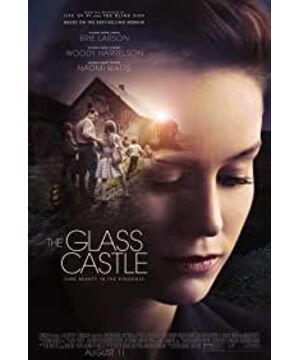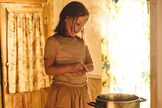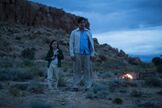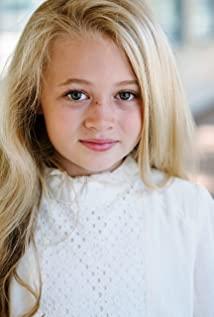Compared with the jumps in the movie, the original description is more detailed and delicate, such as the bullying and exclusion in school because of poverty and low status. For example, the sadness and fear of turning over the food discarded in the trash can to satisfy one's stomach and being afraid of being discovered. For example, all kinds of moving and running away toil, such as no friends, no hope, no food for closed despair. For example, from the father's most staunch supporter to the disappointment to the final adult reconciliation process.
Maybe the length of the film is limited, and many details cannot be displayed. The memories and the present are interspersed back and forth, and the connection between them lacks sufficient connection and the transition is not natural enough.
Adapted from a true story, so some images of getting along in reality are more thought-provoking after the movie ends. It's not fiction, it's real. Perhaps life is far more cruel than drama. The family has a deep bond and has had a good time. There is no right or wrong, everyone has the right and freedom to choose the way of life they want, but as a child, the lack of food, starvation, and constant chaos and flight will indeed leave a psychological shadow, right?
May we all learn to love and to give in a less edgy way.
View more about The Glass Castle reviews











